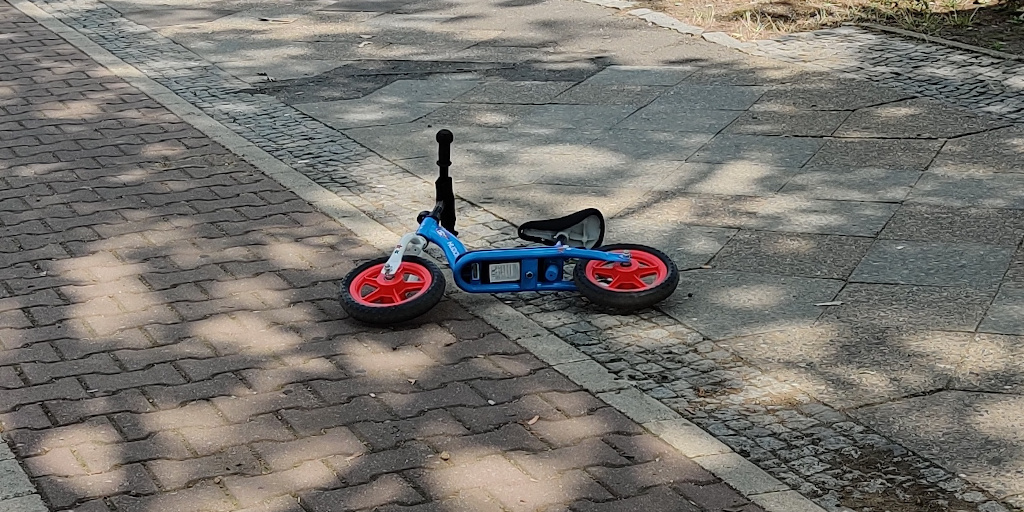A first step in a one-person research project in a domain new to a researcher (Ph.D. student) is to read-up on related work. This can be daunting, as sometimes it feels like everything has been done already, and there is nothing new to write a dissertation about. Fear not! With enough digging, the opportunities will present itself.
In software engineering research, the value of past engineering work can be confusing. What does it mean that there is an open source project in which someone implemented something similar to your idea? And even wrote a blog post or report about it? The short answer: This is a golden opportunity for fabulous research and not a threat to your idea.
Let me tease this out in a somewhat longer answer. An engineering project is not research. Even if articles were written about it, it may not be research. The actual project will be primary materials to you, the researcher, and even articles may be primary materials rather than related work, depending on context. (This context is the quality of the science in the article.)
In software engineering research, proper empirical methods have clearly taken over. A plain engineering project, even with an innovative idea at its core, is not research. It may have been created as part of research, for example as an innovative artifact in design science research, but the science then is in the articles written about it. An existing open source project, for example, can support the problem identification activity of design science well. I wouldn’t even list it under related work.
But what about that tech report or even conference paper? Is that primary material as well (input to your work) or related work that you need to contrast with your own? (And that steals all your thunder?) As noted above, this depends on the scientific quality of the article. Work is only science, if its result pass scientific quality tests like reproducibility or researcher independence. A plain description of (even innovative) engineering work without proper backing of any claims about it is an opinion piece, not science. Handwaving, introspection, intuition, screaming at the top of your lungs, are not scientific methods and do not turn engineering work into science.
Dear Ph.D. student, please read any article about some engineering work carefully: Does the article declare its research methods? Do the methods match the problem? Do the researchers apply them with recognizable competence? Do the resulting claims pass muster and are rooted in empirical data? If so, you are probably looking at related work, if not, you are looking at primary materials.
I like to say “practice is where the research data is” and this applies to open source projects and articles about them as well. Hence, they are usually primary materials and not related work.








Leave a Reply